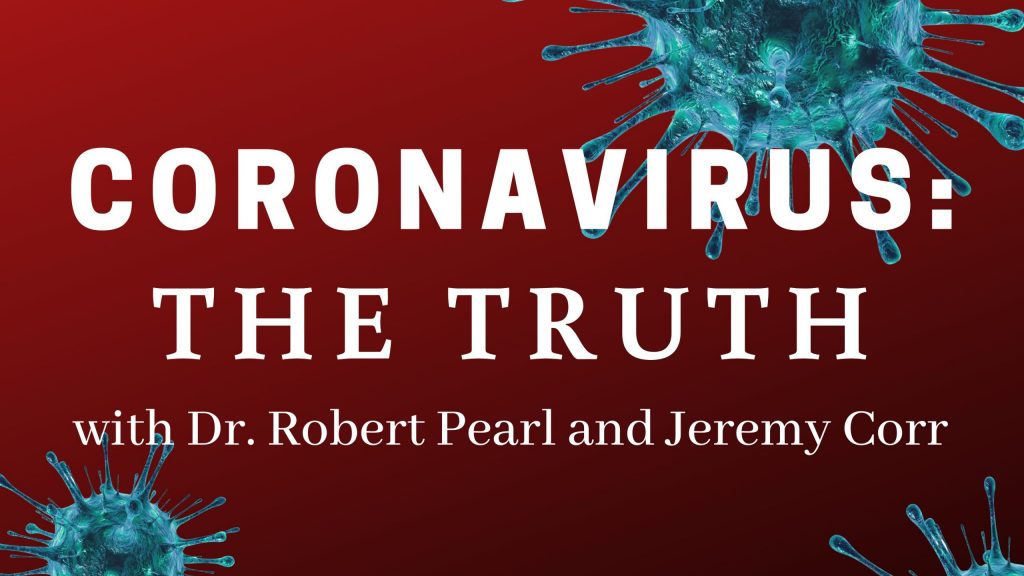Podcast: Play in new window | Download
Subscribe: Spotify | Email | RSS
It was a big week for science in our nation’s ongoing quest to better understand and combat the coronavirus pandemic.
Researchers from Stanford University released findings from a study indicating that far more Americans may have already developed antibodies for COVID-19 than previous thought. What might this research reveal about the death rate of the virus and the potential to reopen our economy quickly?
Also this past week, a mysterious video from the University of Chicago surfaced in which doctors discussed some promising (but not-yet-published) results from an anti-viral drug called remdesivir. It’s maker, Gilead, saw its stock price soar, but scientists are quick to call out the study’s red flags.
What are Americans supposed to make of these scientific findings? In episode 6 of ‘Coronavirus: The Truth, hosts Dr. Robert Pearl and Jeremy Corr discuss these pressing questions and the following:
[00:54] What are the most important COVID-19 updates from the past week?
[02:12] What do scientists know now about the coronavirus that they didn’t a month ago?
[05:45] The anti-viral drug remdesivir is getting a lot of attention. What’s the catch?
[08:51] How would Trump’s plan for reopening the country work? What about local/regional plans?
[12:22] Why do some people test positive for COVID-19 even after they’ve recovered?
[13:49] Why aren’t grocery shelves fully restocked yet? What’s happening with the U.S. supply chain?
[15:14] Is the media’s coverage of the virus scientifically accurate?
[16:25] People have begun protesting coronavirus restrictions. Do they have a valid point?
[20:03] How safely and swiftly can we reopen the country?
[25:40] What has been most surprising about this pandemic?
This episode is available on Apple Podcasts, Google Play, Spotify and other podcast platforms. To submit a question or comment to the hosts, visit the contact page or send a message on Twitter or LinkedIn.
*To ensure the credibility of this program, Coronavirus: The Truth refuses to accept sponsorship, outside funding sources or guests with any financial or personal conflicts of interest.

